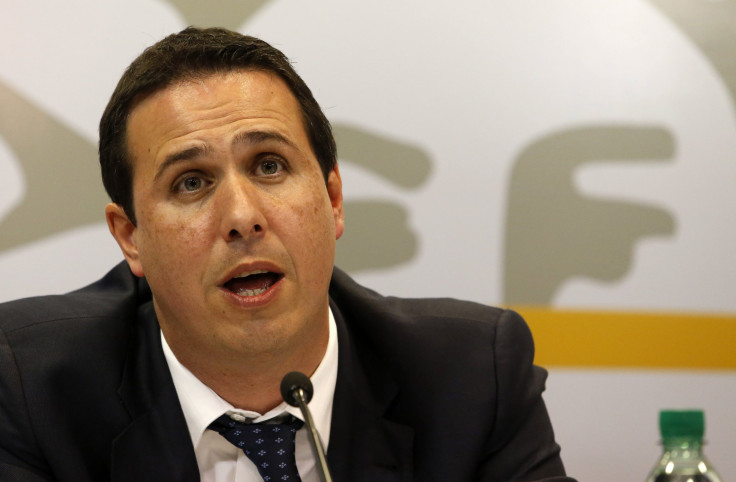Uruguay Releases Details Of Legal Marijuana Market

The Uruguay government has released details of the legal framework for their soon-to-be-established legal marijuana system. By all accounts, Uruguay will become the most liberal country in the world in terms of its marijuana laws when its new laws come into effect next week.
Consumers will be able to buy marijuana for just under $1 a gram from licensed marijuana pharmacies, with a monthly limit of 40 grams. They will have to register with the government, which lawmakers say will help the government assist drug abusers. They will be allowed to smoke it anywhere tobacco can legally be smoked, with the exception of the workplace.
According to Reuters, households will be able to grow up to six marijuana plants on their own, totaling 480 grams over the course of a year. Smoking clubs of 15-45 members would be allowed to grow up to 99 plants per year.
According to presidential secretary Diego Canepa, there are no state subsidies in place to allow for the low cost per gram. Instead, it is based on production costs and profit margins. His colleague at the National Drug Board, secretary general Julio Calzada, outlined how much marijuana the country would need to supply its consumers:
“The total volume consumed in Uruguay would be around 18 to 22 tons (of marijuana)” said Calzada. “Based on this, we need a maximum of 10 hectares (25 acres) to produce for this population of users.”
Driving while under the influence of marijuana will carry the same penalties as driving drunk.
Proponents say this first-of-a-kind system will save the South American country money used to fight illegal trafficking and allow the government to better treat drug abusers. Opponents say it only promotes drug use. Polls show the country is largely split down the middle regarding the new laws. President Jose Mujica, who has championed the bill, says his goal is not to promote marijuana use.
"We don't go along with the idea that marijuana is benign, poetic and surrounded by virtues. No addiction is good," Mujica said in a criticism of Colorado’s recreational marijuana laws. “We aren't going to promote smokefests, bohemianism, all this stuff they try to pass off as innocuous when it isn't. They'll label us elderly reactionaries. But this isn't a policy that seeks to expand marijuana consumption. What it aims to do is keep it all within reason, and not allow it to become an illness."
Mujica calls the Colorado system “a complete fiction,” for not tracking marijuana after sale and allowing users to buy large amounts of marijuana at once. He also criticizes American medical marijuana laws for encouraging people to fake illnesses to get a prescription for cannabis.
Uruguay’s system, by contrast, will track marijuana after sale. The government will use a cloning and genetic-marking system for all of their state-approved marijuana strains. That will allow them to test marijuana to ensure it has been legally grown and track it with a system similar to those used to track produce from farm to market.
Diego Canepa says legal marijuana will go on sale in late November or early December of this year.
© Copyright IBTimes 2025. All rights reserved.






















